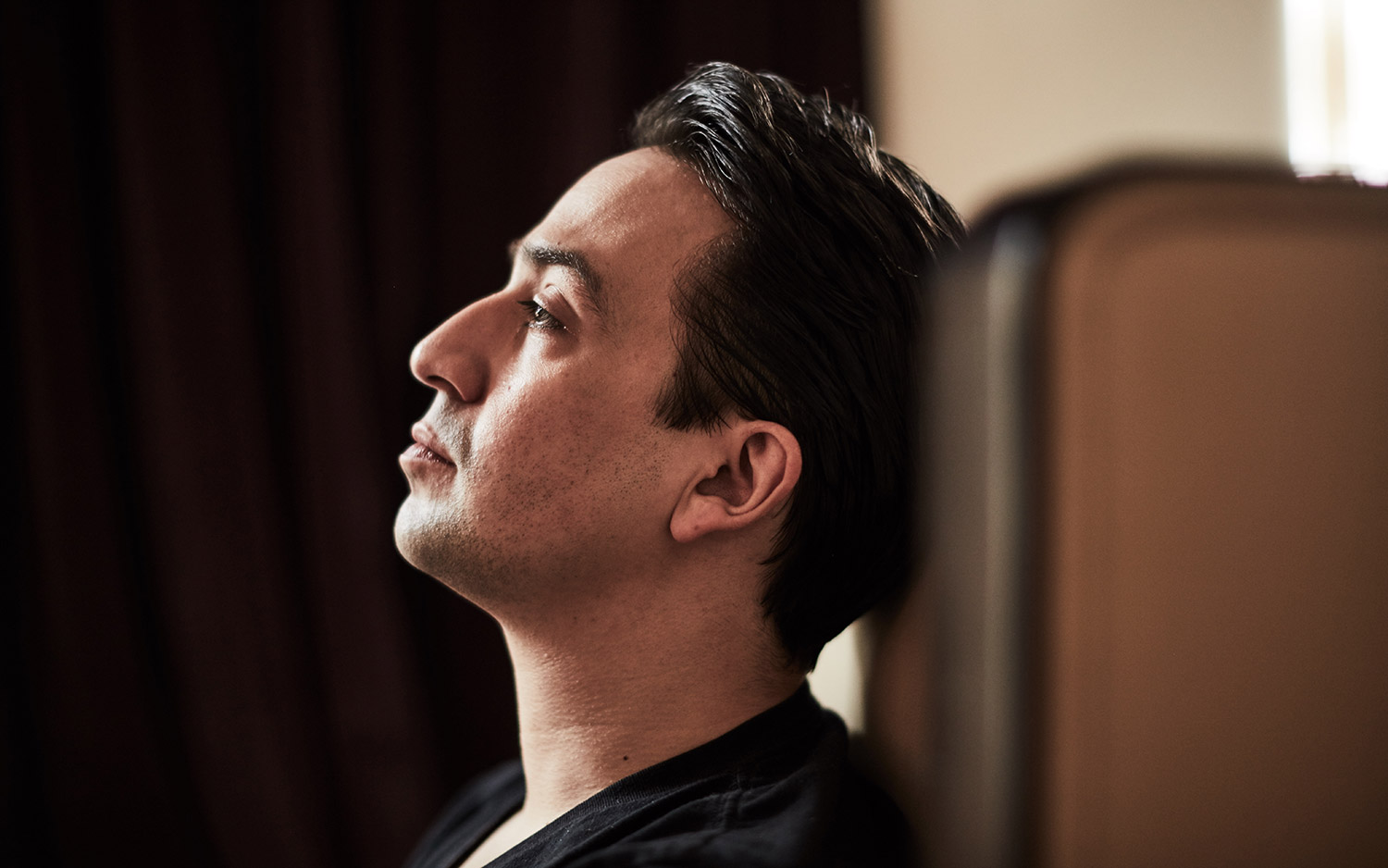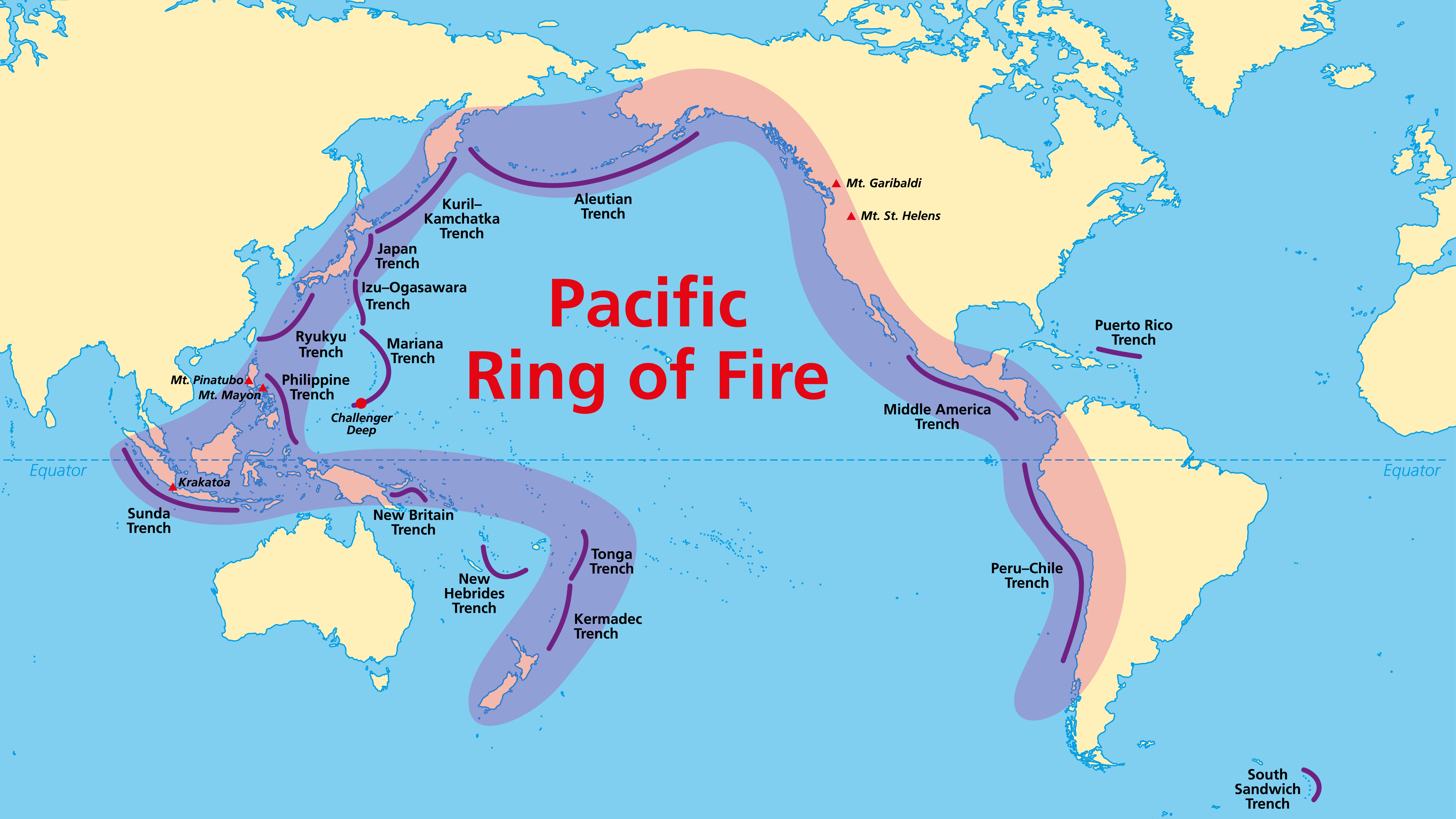Lin-Manuel Miranda's Shingles: Why He Was 'Quarantined' from His Newborn Son

Actor and playwright Lin-Manuel Miranda recently revealed that he has shingles and needs to be "quarantined" from his newborn son. But why is it important for him to avoid contact with his newborn?
On Thursday (April 5), Miranda, the creator of the hit Broadway play "Hamilton," posted on Twitter that what he first thought was a bad headache turned out to be a symptom of shingles.
"Hey, cool story. This isn't a migraine, it's shingles! Caught it early, quarantined away from the baby, in a Phantom mask til further notice," Miranda tweeted.
Shingles is a viral illness that causes a painful, blistering rash, usually on one side of the body, according to the Centers for Disease Control and Prevention (CDC). The rash can also occur with fever, chills and headache, like Miranda had. [27 Devastating Infectious Diseases]
The illness is caused by the varicella zoster virus — the same virus that causes chickenpox, according to the CDC. After a person has chickenpox, the virus lies dormant in the body's nerve tissues and can "reactivate" years later to cause shingles, the CDC says.
Shingles itself cannot spread person-to-person. But it's possible for a person with shingles to spread the varicella zoster virus, which would cause chickenpox in someone who has never had chickenpox or received the chickenpox vaccine, the CDC says.
According to news reports, Miranda's newborn son is 8 weeks old. This means his son is too young to receive the chickenpox vaccine, which is administered at 12 to 15 months, and thus would be vulnerable to chickenpox.
Get the world’s most fascinating discoveries delivered straight to your inbox.
The Mayo Clinic says that people with shingles should avoid contact with anyone who hasn't had chickenpox or received the vaccine, especially newborns, pregnant women and people with weakened immune systems.
Anyone who's had chickenpox can develop shingles, but the disease is most common in people over age 50, according to the Mayo Clinic. A vaccine to prevent shingles is recommended for people ages 50 and older.
The shingles rash usually goes away after two to four weeks. But some people may develop complications, including prolonged pain in the area where they had shingles, due to damaged nerve fibers.
For people who get shingles, there are several anti-viral medicines available that can reduce shingles' severity if taken early in the course of the illness, according to the CDC.
Original article on Live Science.

Rachael is a Live Science contributor, and was a former channel editor and senior writer for Live Science between 2010 and 2022. She has a master's degree in journalism from New York University's Science, Health and Environmental Reporting Program. She also holds a B.S. in molecular biology and an M.S. in biology from the University of California, San Diego. Her work has appeared in Scienceline, The Washington Post and Scientific American.

